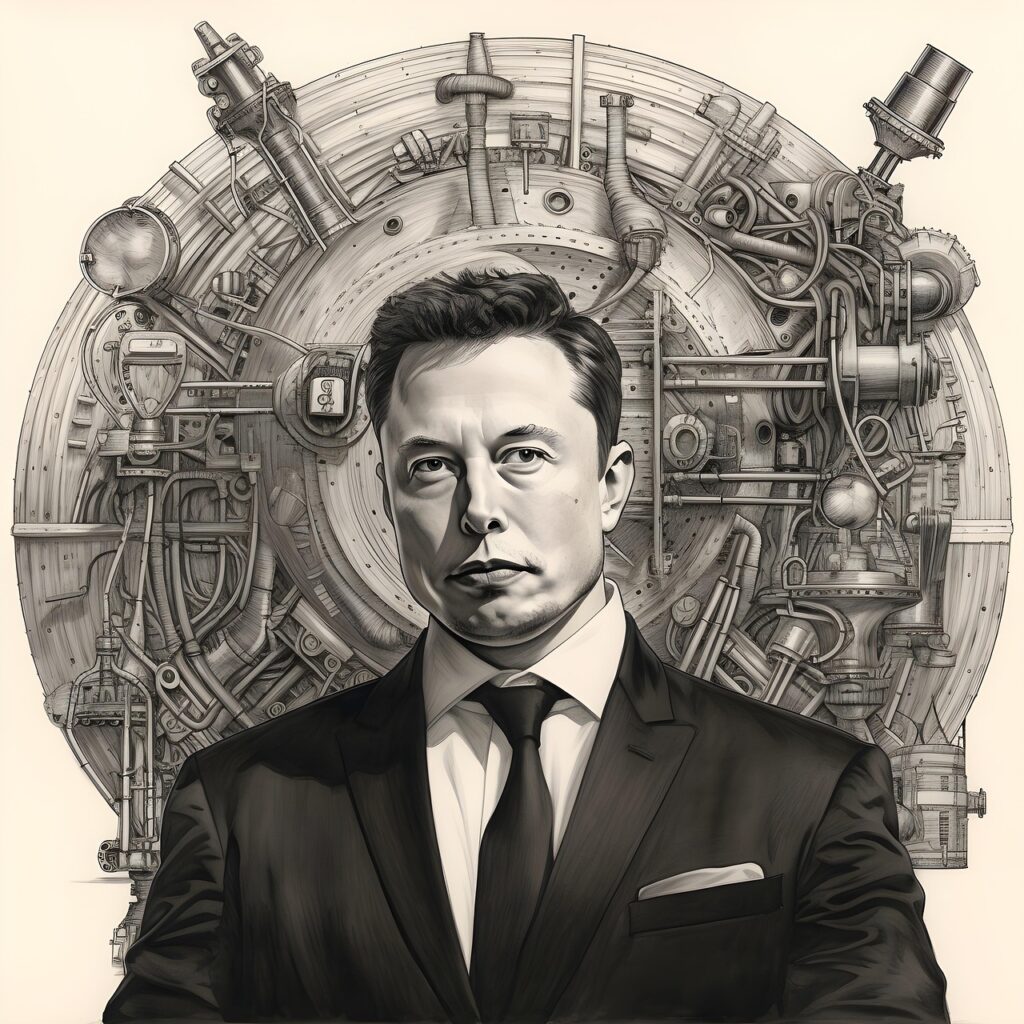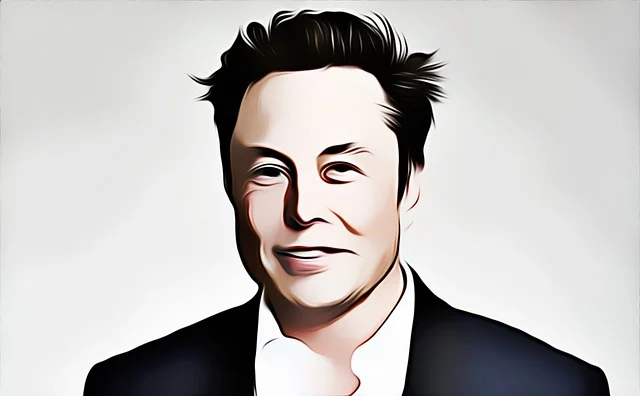
Elon Musk is one of the most influential figures of our time. He’s known for building companies like Tesla, SpaceX, Neuralink, and more.
While many admire his bold vision, others feel uneasy about how he communicates, makes decisions, or handles his power.
So, why do some people dislike Elon Musk?
Let’s look at the reasons.
Bold Personality and Public Comments
Musk is not afraid to speak his mind. Especially on platforms like Twitter (now X), he often shares raw and unfiltered thoughts.
Some people find his honesty refreshing. But others feel that his tone can be careless or even offensive.
From jokes that fall flat to bold statements on sensitive topics, Musk has upset many.
He once called a British cave diver involved in the Thai rescue mission a “pedo guy,” which caused global outrage. He later apologized — but the moment stayed with people.
His humor and confidence don’t always land well with everyone. And when millions follow your every word, even small remarks can spark major backlash.
Management Style and Workplace Culture
People who work closely with Musk describe him as driven and intense.
He’s known for pushing boundaries, setting impossible deadlines, and expecting a lot from his teams.
While that pressure has helped him build incredible companies, it also comes at a cost.
Reports from former Tesla and SpaceX employees describe long work hours, high stress, and a culture where burnout is common.
Some admire his hustle. Others believe his management style may lack empathy and balance.
Comments on COVID-19 and Health Policies
During the COVID-19 pandemic, Musk made several statements that shocked people.
He downplayed the seriousness of the virus. He called the panic over COVID-19 “dumb.”
He publicly criticized lockdowns, claiming they were violating people’s rights. At one point, he reopened Tesla’s factory in defiance of local health orders.
To many, this seemed reckless. Health professionals and even some fans were disappointed.
While some saw him as standing up for freedom, others felt he was being irresponsible in a public health crisis.
Role in Market Volatility
Musk’s tweets can move markets. Literally.
He has tweeted jokes and comments about cryptocurrencies like Bitcoin and Dogecoin — and the prices soared or dropped instantly.
Many small investors lost money after buying in at the wrong time. Some even blame Musk for creating hype and then shifting his stance without warning.
This kind of influence worries people. They believe one person shouldn’t be able to shake global markets with a few words.
Even Tesla’s stock has seen big changes after Musk’s unpredictable tweets.
Political Views and Shifting Stance
Elon Musk has never stayed within one political box.
He has supported both left-leaning and right-leaning ideas. He’s praised some policies and criticized others — all in public view.
At times, he has said he supports free speech and open dialogue. Other times, he’s clashed with government leaders and regulators.
He’s also made statements that confuse people. One week he might support a cause, and the next, he seems to go against it.
This shifting stance makes it hard for people to trust where he really stands — and that fuels dislike.
Wealth and Economic Inequality
Elon Musk is one of the richest people on the planet. His net worth has reached over $200 billion at times.
To many, that level of wealth is inspiring. But others see it as a symbol of economic imbalance.
Critics argue that while Musk becomes richer, workers in his companies don’t always get fair treatment or pay.
Some have also questioned his donations. Although he has given away billions, critics say it’s still small compared to his total fortune.
People expect billionaires to take responsibility — and when they don’t see that happening, it creates resentment.
Environmental vs. Industrial Contradictions
Musk promotes clean energy through Tesla and solar projects.
But critics point out that not everything he does aligns with that image.
SpaceX, for example, uses rocket fuel that produces emissions. While the mission is space exploration, environmentalists see a contradiction.
Mining for battery materials is also controversial. Tesla needs lithium and cobalt — and these materials raise ethical concerns about sourcing and impact.
To some, Musk’s green image feels incomplete or inconsistent.
Influence Over Media and Tech
When Elon Musk bought Twitter (now X), it raised a lot of questions.
Supporters believed he would fix the platform and make it truly open. But critics feared the opposite.
They worried about how he would handle content moderation. Would hate speech return? Would misinformation spread more freely?
Musk also reinstated several previously banned accounts. This upset many users and advertisers.
When one person controls a major platform for global conversation, people naturally worry about fairness and power.
His ownership of X remains one of the most controversial parts of his story.
Conclusion
Elon Musk is a man of big ideas, bold moves, and strong opinions.
Many see him as a genius who is changing the world. Others feel uneasy about how he uses his influence.
From his public comments to his control over media, from wealth to politics — every part of his life invites debate.
Whether you admire or criticize him, one thing is clear: Musk keeps the world talking.
And maybe that’s exactly the way he wants it.



